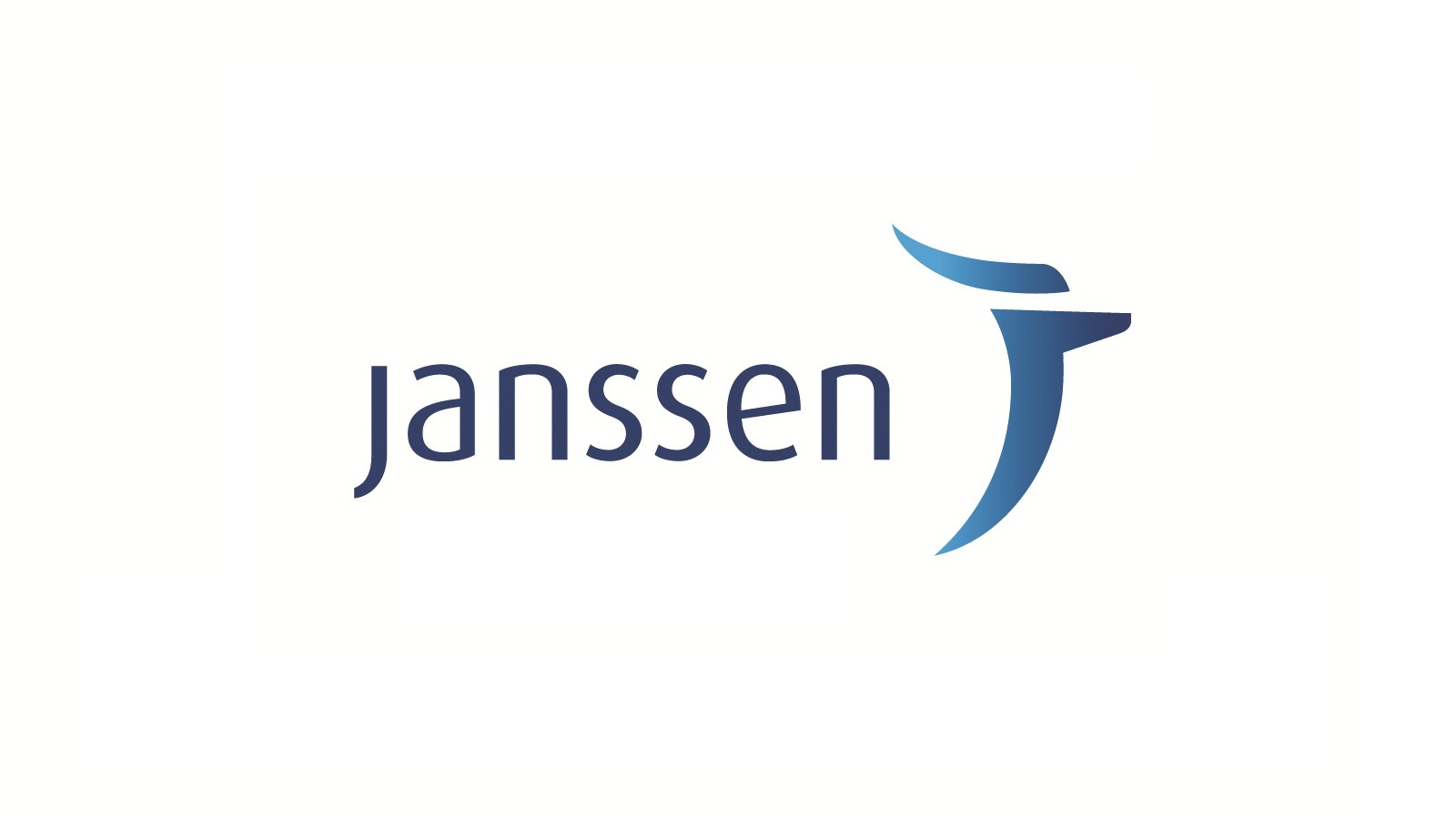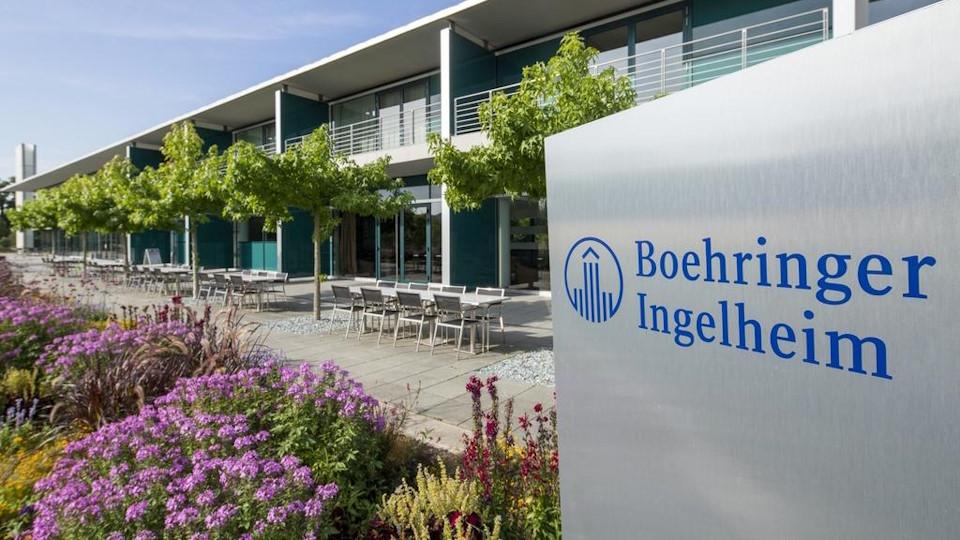Janssen inks potential $1bn deal for IBD drug

Janssen has swooped to buy rights to an early-stage oral inflammatory bowel disease drug from Protagonist Therapeutics in a deal worth up to $1 billion.
The Johnson & Johnson unit will pay $50 million up front and up to $940 million in development and sales-related payments, plus around 10%-15% royalties on net sales, in a deal to co-develop and market PTG-200.
California-based Protagonist gets $125 million if Janssen stays on board into phase 2b development, $200 million if Janssen decides to stay on until late-stage development, plus up to $615 million in additional milestones.
Protagonist described PTG-200 as a first-in-class oral peptide IL-23 antagonist, and the deal covers all indications including inflammatory bowel disease.
Due to enter phase 1 clinical testing, the second half this year, the two companies will jointly fund development until the end of phase 2, and Protagonist has an option to co-market the drug in the US.
But Janssen will have exclusive, worldwide rights to PTG-200 after providing Protagonist with Series B venture financing from 2013, to support R&D of its pipeline of oral peptide therapeutics.
The deal is expected to close in the third quarter of 2017 if it clears US antitrust rules.
The news sent shares in Protagonist sharply upwards, from around $8 to more than $12 immediately after the announcement.
Biologics such as Johnson & Johnson/MSD’s Remicade (infliximab) are already approved in Crohn’s disease and ulcerative colitis, the two main forms of IBD – and there are now cheaper biosimilars of infliximab on the US and EU markets.
Janssen’s own blockbuster Stelara (ustekinumab) is approved in Crohn’s on both sides of the Atlantic – but these biologic drugs are all delivered by injection, which some patients may not find convenient.
With PTG-200, Janssen hopes to develop a next-generation drug in a more patient-friendly oral form – an advantage in inflammatory diseases where patients often require long-term therapy.
In psoriasis, Celgene has marketed Otezla (apremilast), which has proved popular with patients, in part because it comes in a more convenient pill formulation.
It’s too early to say how PTG-200 will stack up against already marketed drugs and those closer to approval such as AstraZeneca/Allergan’s MEDI207 injected IL-23 antagonist.
But the price J&J is prepared to pay if trials shows the potential for patient-friendly oral therapies in inflammatory diseases.













